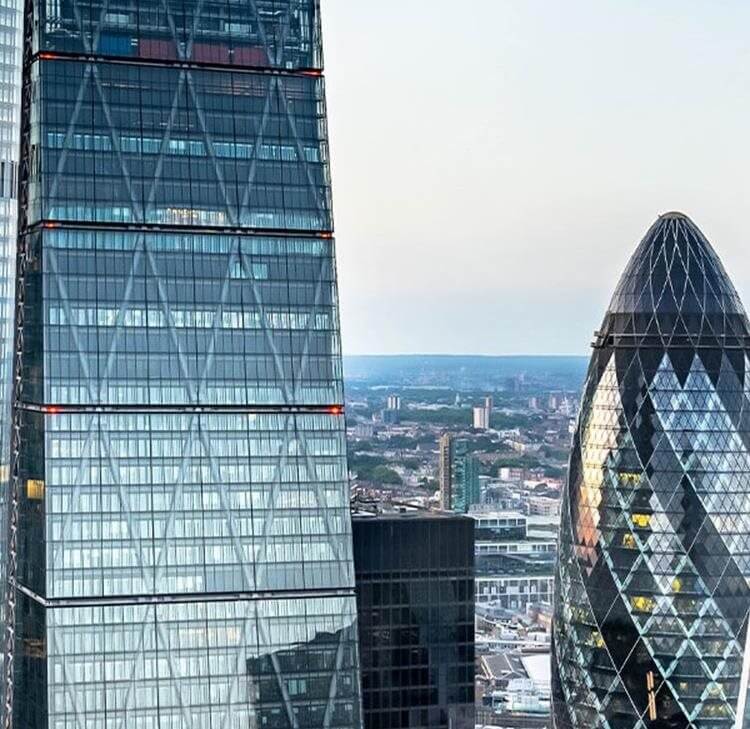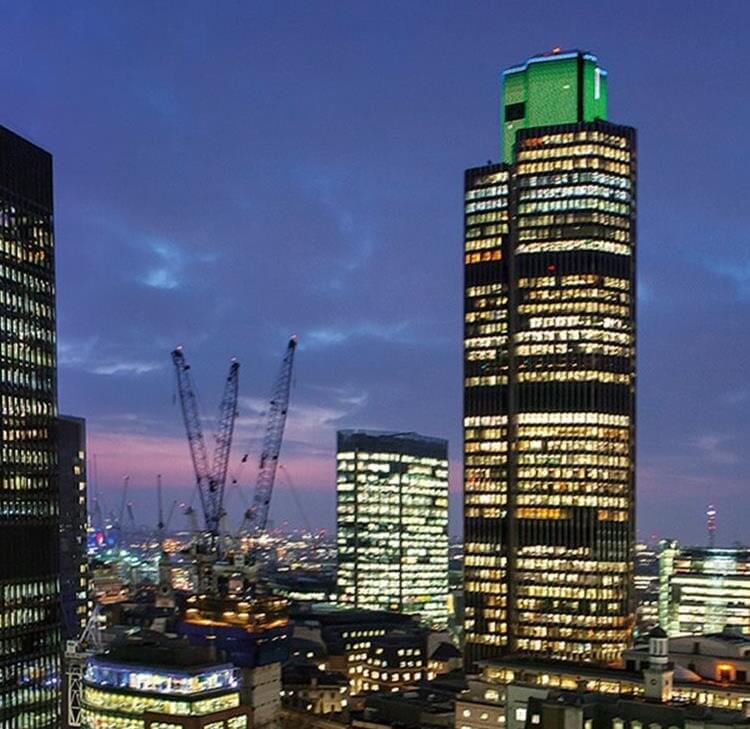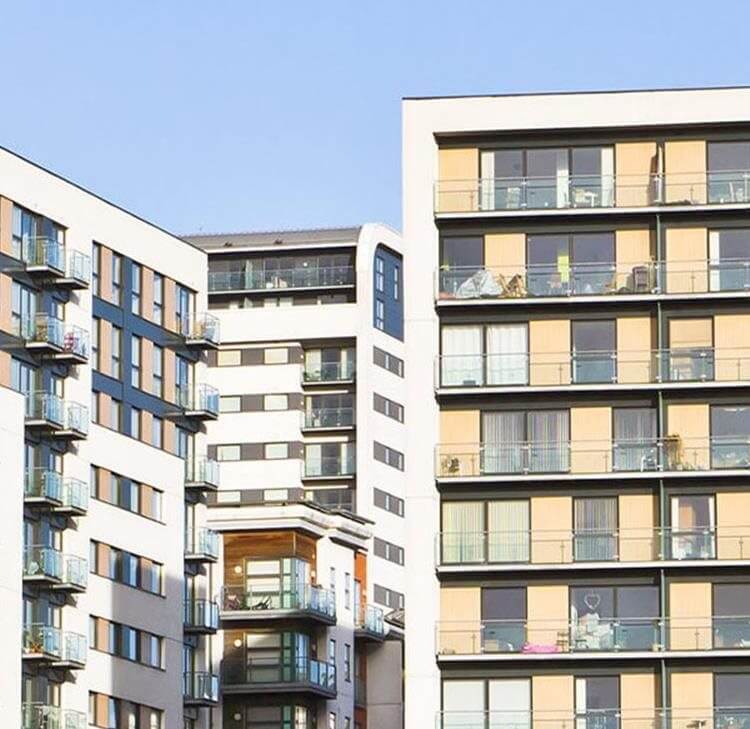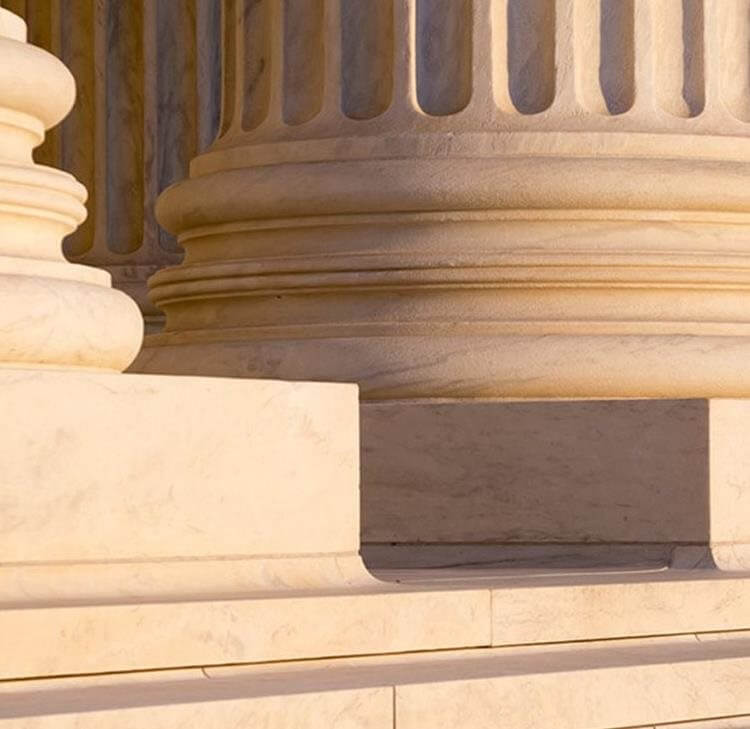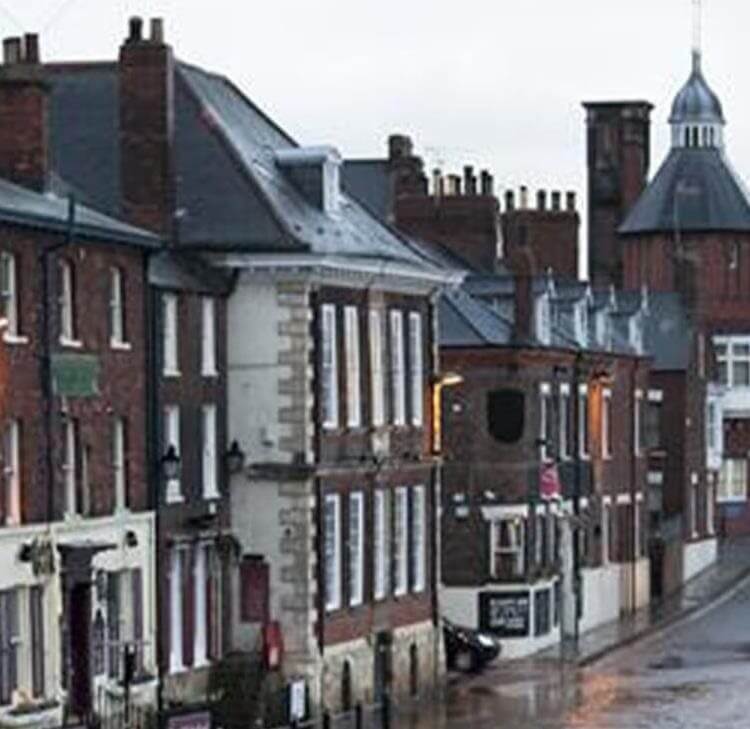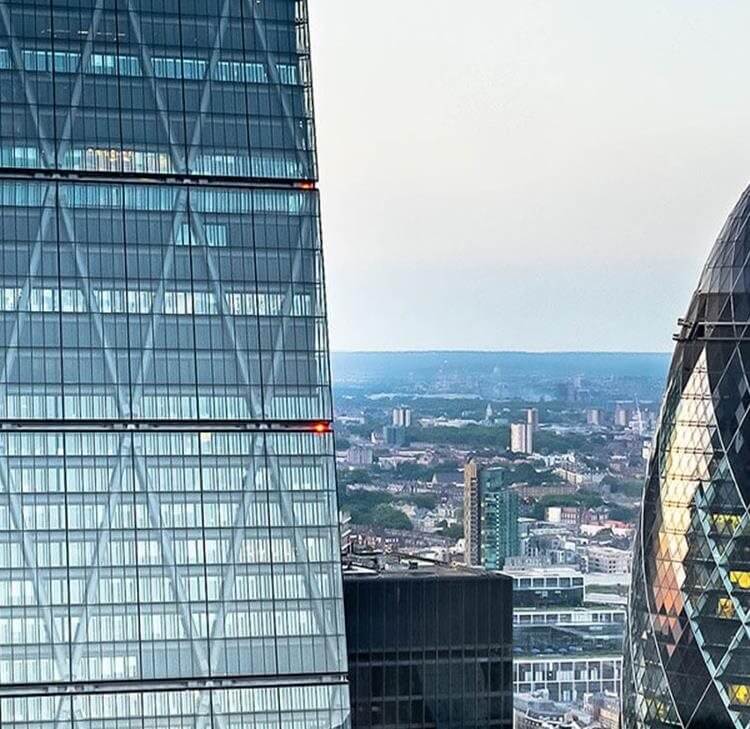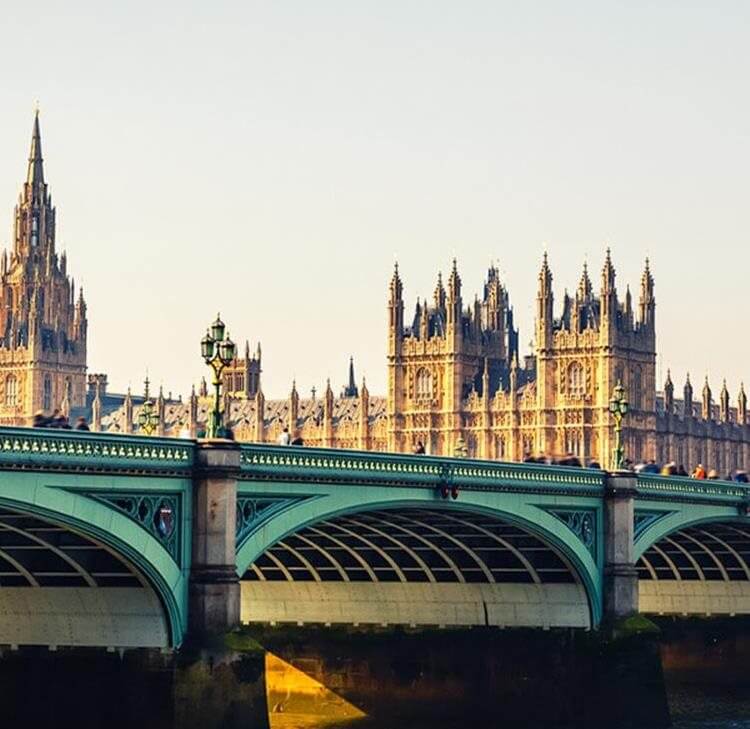The recent riots in the United Kingdom have caused extensive damage to homes, cars, businesses and places of worship. In addition to the personal toll upon those who have been impacted, including those who have been made to feel unwelcome in their own country, there is clearly a substantial cost, in relation to which many individuals and businesses will be looking to their insurers. In this article, we consider the impact on insurers.
Is injury and damage caused by riot covered?
Riot damage is often covered by home and comprehensive car insurance policies. However, third party car insurance policies, some other comprehensive car policies and some home insurance policies will not cover riot damage. Many commercial insurance policies do not cover intentional damage, or damage caused by ‘malicious persons’. It is also worth noting that terrorism exclusions, which are included in most policies, can in some instances be broad enough to exclude damage committed for political purposes. Policies vary, and exactly what cover is available depends on the policy.
What other compensation is available?
The Riot Compensation Act 2016 (the ‘RCA’) provides compensation from the Government for certain riot losses. It allows compensation to be claimed for property that is damaged, destroyed or stolen in the course of a riot. This includes damage to permanent or semi-permanent structures, contents, buildings being constructed, certain vehicles and certain trailers or other items that attach to motor vehicles. However, the RCA only covers damage to property. It does not cover personal injury, business interruption or other consequential losses. However, it does cover the cost of alternative accommodation due to the claimant’s home being uninhabitable.
The RCA is subject to a £1 million cap for each single claim (the Secretary of State has the power to change this cap by regulation). Insurers can seek subrogated recovery of up to £1 million for damage during a riot from the local policing body responsible for the police area in which the property was situated at the time of the riot. The RCA will not cover everything.
The RCA can also provide an alternative route to compensation for people in the event that their claim is declined, either in full or in part. However, insureds are expected to first claim against their insurance.
The RCA is not clear on what constitutes a “single claim”, which may be relevant given the £1 million cap and says that regulations about claim procedure will set out the circumstances in which a single claim must cover a number of different types of property.
What constitutes a riot is defined by legislation (in the Public Order Act 1986). There must be 12 or more people acting with a common purpose.
Section 8(5)(a) of the RCA allows regulations to set out in detail the basis upon which compensation will be calculated. This generally includes for property to be replaced on a new for old basis. There are exceptions to this, with the RCA intending to be consistent with cover available on the commercial insurance market.
Section 8(6)(b) of the RCA allows regulations to provide the ability for local policing authorities to make a deduction equivalent to an excess which can be applied to claimants under the scheme.
The RCA’s predecessor, the Riot (Damages) Act 1886 (the ‘RDA’) was found wanting following riots in London and other cities in 2011. In 2013, an independent review recommended substantial reform or replacement of the RDA. The recent riots in the United Kingdom will be a key test of its replacement, the RCA. The RCA is an expression of the “implied contract” between the public and the police, where police are responsible for maintaining law and order, and in the event that this breaks down, is liable to compensation for those who have sustained losses.
What does this mean for insurers?
Business Secretary Jonathan Reynolds has written to the Association of British Insurers (ABI) to make sure companies "receive the cover that they are entitled to through their insurance policies as swiftly as possible". The ABI has said it will "work with our members, the government, and other stakeholders, to do everything we can to help customers recover as quickly as possible".
Insurers will want to deal with claims as quickly as possible, as policyholders have already experienced extremely distressing events. If all or part of a clam is declined, policyholders may be able to recover up to £1 million from the government under the RCA.
If a claim is covered by an insurance policy, gathering evidence from insureds will be very important as insurers may be able to recover all or some of their outlay under the RCA.
Insurers should be aware of the timeframes for claims under the RCA. Regulations about claims procedure set out the time periods within which a claim must be made, the details and evidence that must be submitted, and the time period within which the details and evidence must be submitted. These regulations must provide a time period:
- within which a claim may be made which ends no earlier than 42 days from the date of the riot; and
- within which the details and evidence must be submitted ends no earlier than 90 days from the date the claimant first made the claim.
Regulations may also include a requirement that any estimates of the cost of repairs are to be prepared by contractors approved by the Secretary of State or a local policing body. This is something insurers should check before any estimates are prepared.
Many insureds, who have not suffered damage because of the riots may still check their cover to see if riots would be covered. Brokers should be prepared for an increase in queries of this nature.
Contents
- The Word, August 2024
- Insuring a summer of sport
- The CrowdStrike outage: Assessing the fallout for the insurance market?
- Under the influence: France introduces insurance requirement for influencers
- The Supreme Court ruling of Lipton and Another v BA Cityflyer Ltd
- Artificial intelligence putting the ‘actuarial defence’ to the test?
Key contact

Tim Johnson
Partner
tim.johnson@brownejacobson.com
+44 (0)115 976 6557


